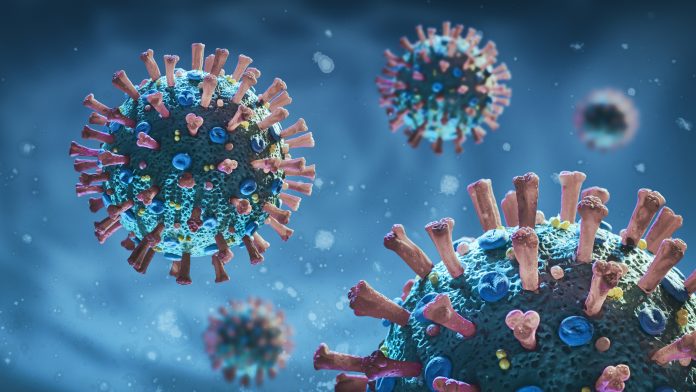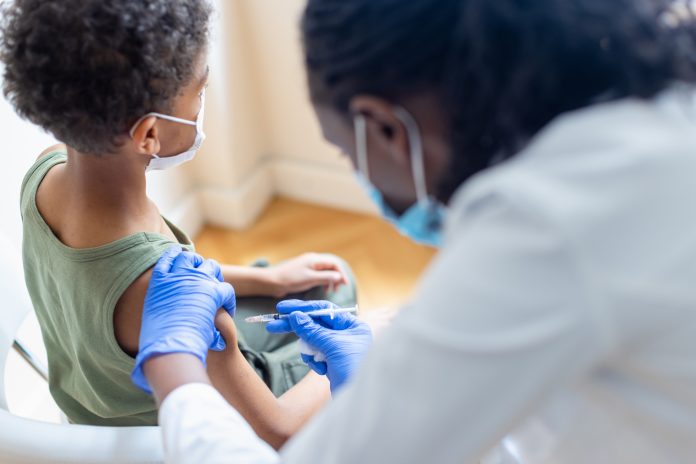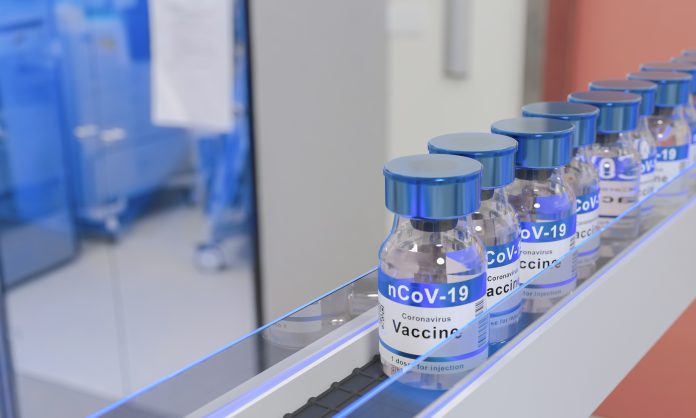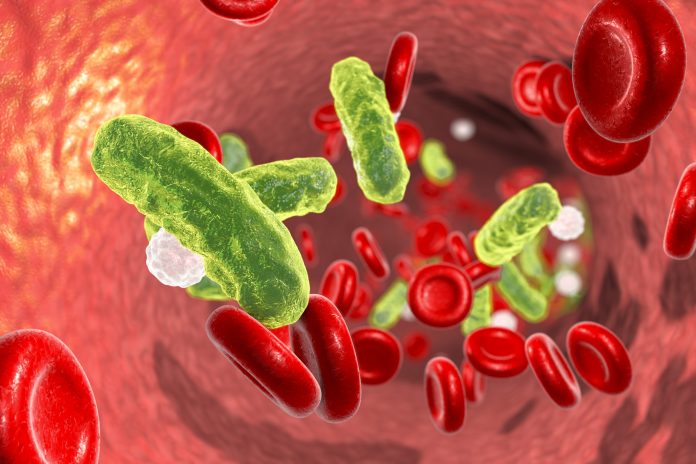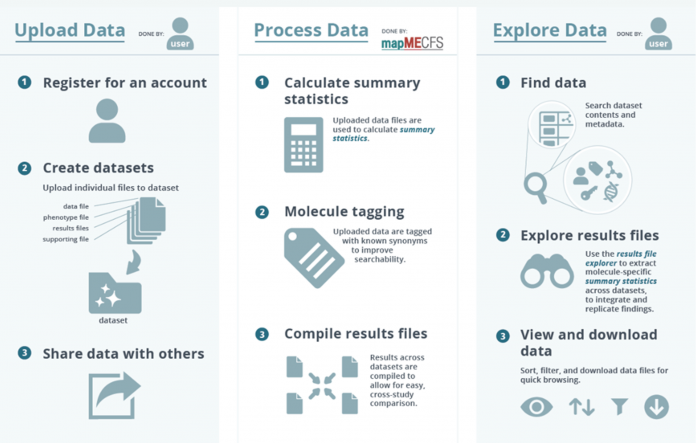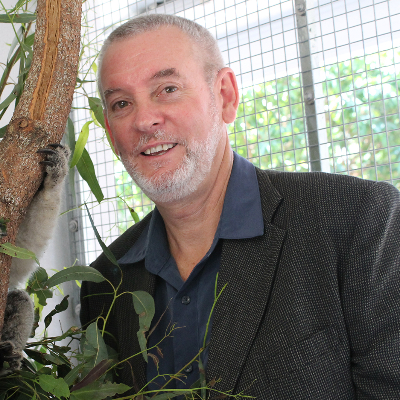Open Access Government produces compelling and informative news, publications, eBooks, and academic research articles for the public and private sector looking at health, diseases & conditions, workplace, research & innovation, digital transformation, government policy, environment, agriculture, energy, transport and more.
Home Search
infectious diseases - search results
If you're not happy with the results, please do another search
Harnessing genomic data for early disease detection
Lorna Rothery spoke to Heidi Rehm, Chair of the Global Alliance for Genomics and Health, about steps to harness quality genomic data to support disease detection and the importance of collaboration in this endeavour.
Catalysing vaccines and biologics manufacturing in Africa
Professor Faith Osier, Director of the Chanjo Hub at Imperial College London, shares her vision for vaccines and biologics manufacturing in Africa to secure lives and livelihoods and drive economic growth.
Collaboration is crucial for future pandemic preparedness
Pandemic preparedness: A new report has sounded the alarm on the urgent need to address global disparities and foster interdisciplinary cooperation to effectively prepare for and respond to future pandemics.
Healthy aging: A novel therapy to reverse age-related damage
What if we could turn back the clock on age-associated dysfunctions by using a therapy that not only treats symptoms but acts to correct the underlying pathology and restores cells to normal function? Lori A. Birder and Edwin K. Jackson from the University of Pittsburgh School of Medicine, explain how this could be a possibility.
New study shows how some individuals avoid COVID-19
Researchers from the Wellcome Sanger Institute, University College London (UCL), and Imperial College London have revealed insights into why some people remain unscathed despite exposure to SARS-CoV-2, the virus responsible for COVID-19.
Navigating the impact of COVID-19 on childhood vaccinations
Anne Pham-Huy and Antonella Pucci from Immunize Canada discuss the impact of the COVID-19 pandemic on routine vaccinations for children.
Winning the war against sepsis
Michael Wong, JD, Executive Director at the Physician-Patient Alliance for Health & Safety, posits a combination of quantitative and qualitative assessments of the patient as key measures for tackling sepsis.
Learning from the COVID-19 Pandemic: Next-generation universal vaccines and immunotherapeutic research
With the COVID-19 pandemic behind us, we need to focus on universal vaccines and/or immunotherapeutic strategies and technologies to tackle ongoing endemic infections with SARS-CoV2, influenza, and RSV and prepare for any future pandemics, says Dr Babita Agrawal.
Pewaseskwan: The Indigenous Wellness Research Group
Pewaseskwan actively engages and collaborates with Indigenous communities and relevant stakeholders, including the College of Medicine, the University of Saskatchewan, the Saskatchewan Health Authority and additional collaborators.
Liverpool University to lead £1.3m initiative to combat antimicrobial resistance
In an aim towards battling the global threat of antimicrobial resistance (AMR), the University of Liverpool has been granted £1.3 million to lead the UK Government’s Fleming Fund Fellowship Programme.
Genomic sequencing: A game changer in our fight against COVID-19 and beyond
Ron Gutman, inventor, serial healthcare and technology entrepreneur, and Stanford University adjunct professor, discusses the emergence of genomic sequencing as a vital tool in mitigating global public health threats.
A blood test breakthrough could help identify hidden tuberculosis cases
Scientists from the University of Southampton are on the verge of unveiling a blood test that could uncover millions of undetected tuberculosis (TB) cases.
Meteorological data for public health surveillance
Michael Wimberly, Professor from the University of Oklahoma, walks us through integrating meteorological data for public health surveillance and disease forecasting.
Hypervaccination: What would 217 COVID-19 vaccines do to your immune system?
Researchers looked into the case of a man who received over 200 vaccinations against Covid-19 to help deepen the understanding of hypervaccination.
Vaccine non-responders and severe adverse events
Eyer Klaus, an Associate Professor at Aarhus University’s Department of Biomedicine, explores the causes, impact, and potential resolutions of vaccine non-responsiveness and severe side effects.
How do we tackle sepsis?
How do we tackle sepsis? What role do infection prevention and control play? What are the symptoms? How do we treat sepsis and reduce its risk? Let’s discover more about sepsis here.
Data and specimen-sharing tools offer new discovery opportunities for ME/CFS researchers
Within the field of Myalgic Encephalomyelitis/Chronic Fatigue Syndrome (ME/CFS) research, two online tools: mapMECFS (Mathur and Carnes, 2021) and searchMECFS play a crucial role in advancing the understanding of ME/CFS by encouraging researchers to share and use data and biospecimens that are stored in centralized and easily accessible data portals.
Understanding and supporting neurological conditions among the incarcerated
Samuel Han and Audrey Nath discuss neurological conditions among the incarcerated, who they argue are a medically underserved population.
The FDA approve Omalizumab for managing food allergies
The Food and Drug Administration (FDA) has an approach for the expanded use of Omalizumab (Xolair), to address allergic reactions, including anaphylaxis, stemming from accidental exposure to various foods.
Peter Timms – University Sunshine Coast
Professor Timms is Professor of Microbiology at the University of Sunshine Coast in Queensland, Australia
He is a nationally and internationally renowned microbiologist with specific expertise in the area of Chlamydia. His laboratory is acknowledged as the leading Australian laboratory and one of the leading groups internationally working on all...





